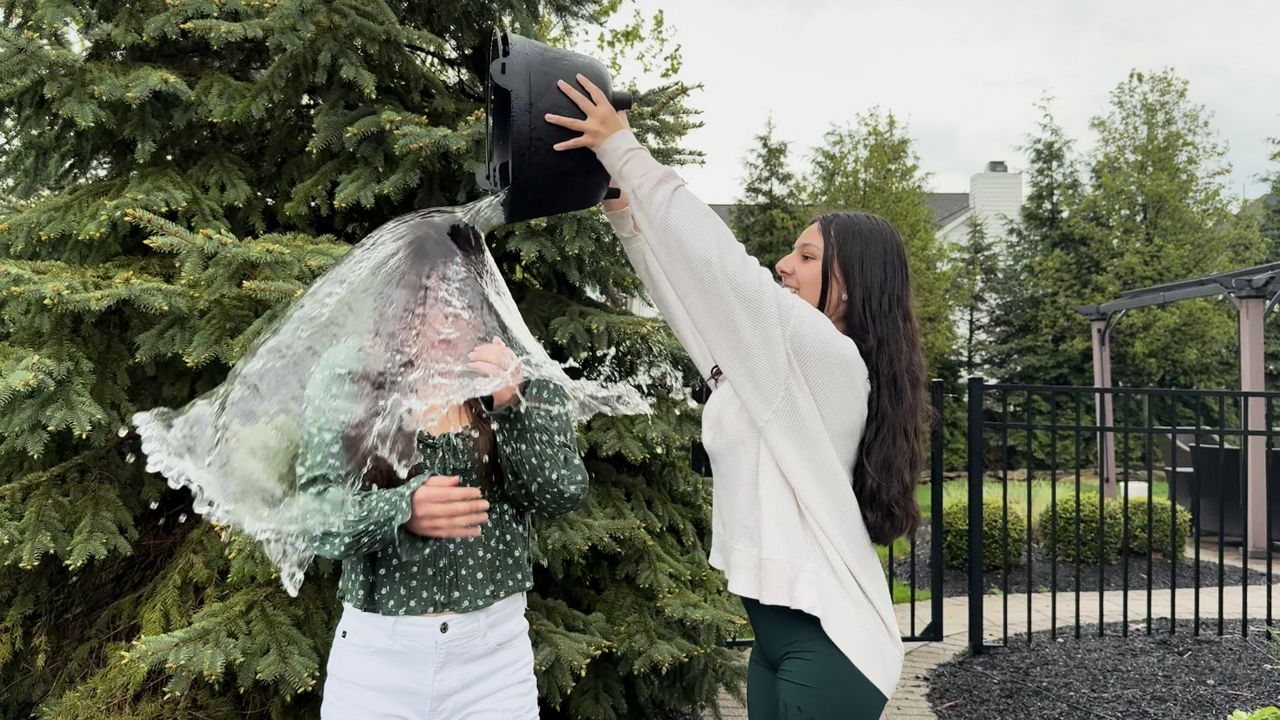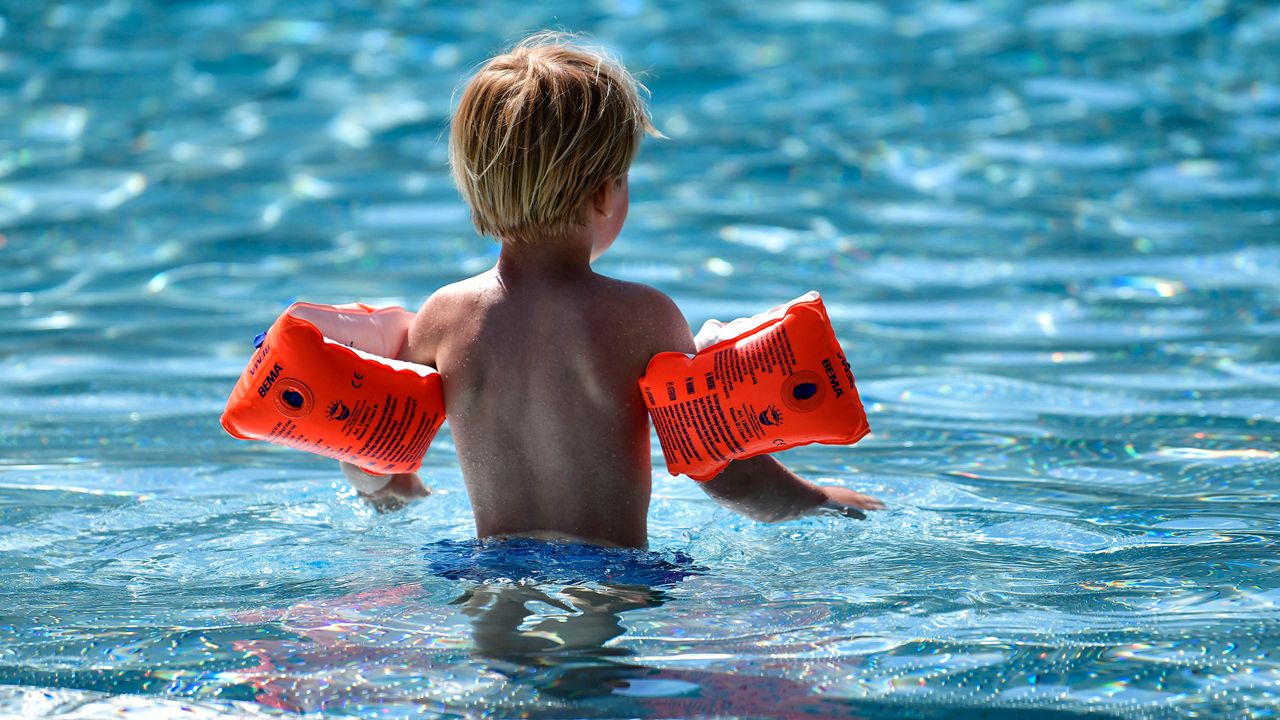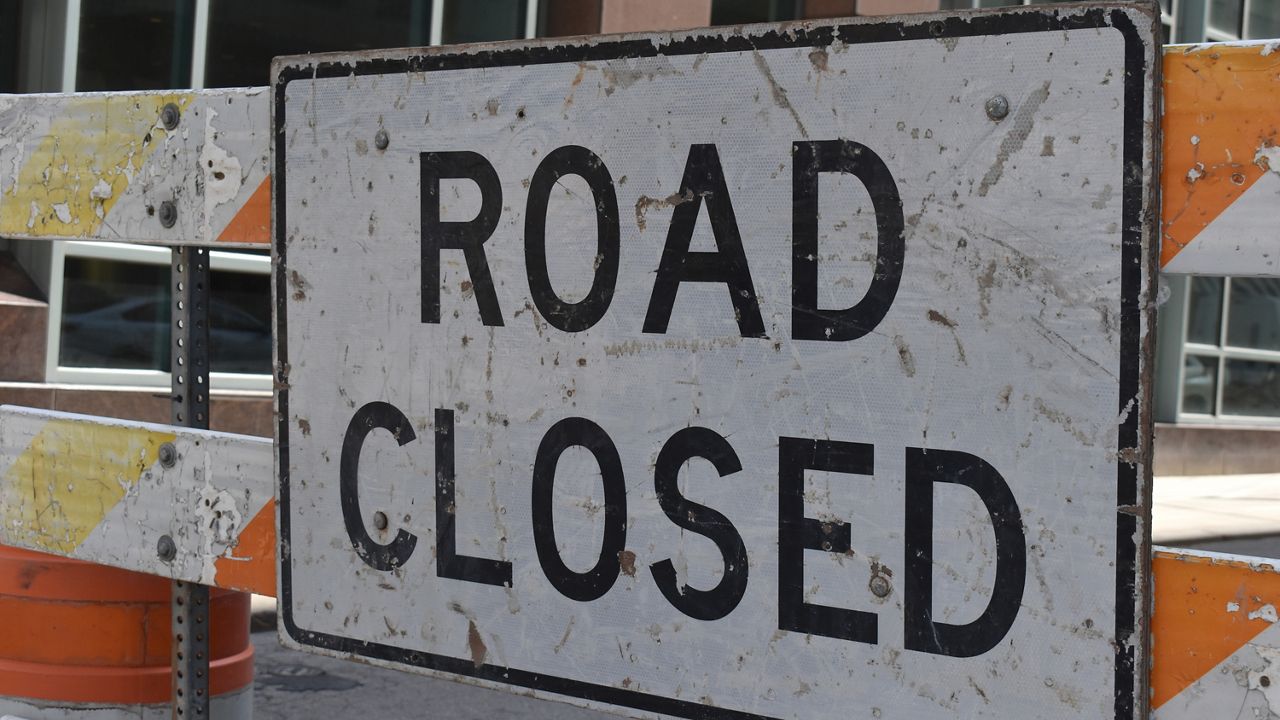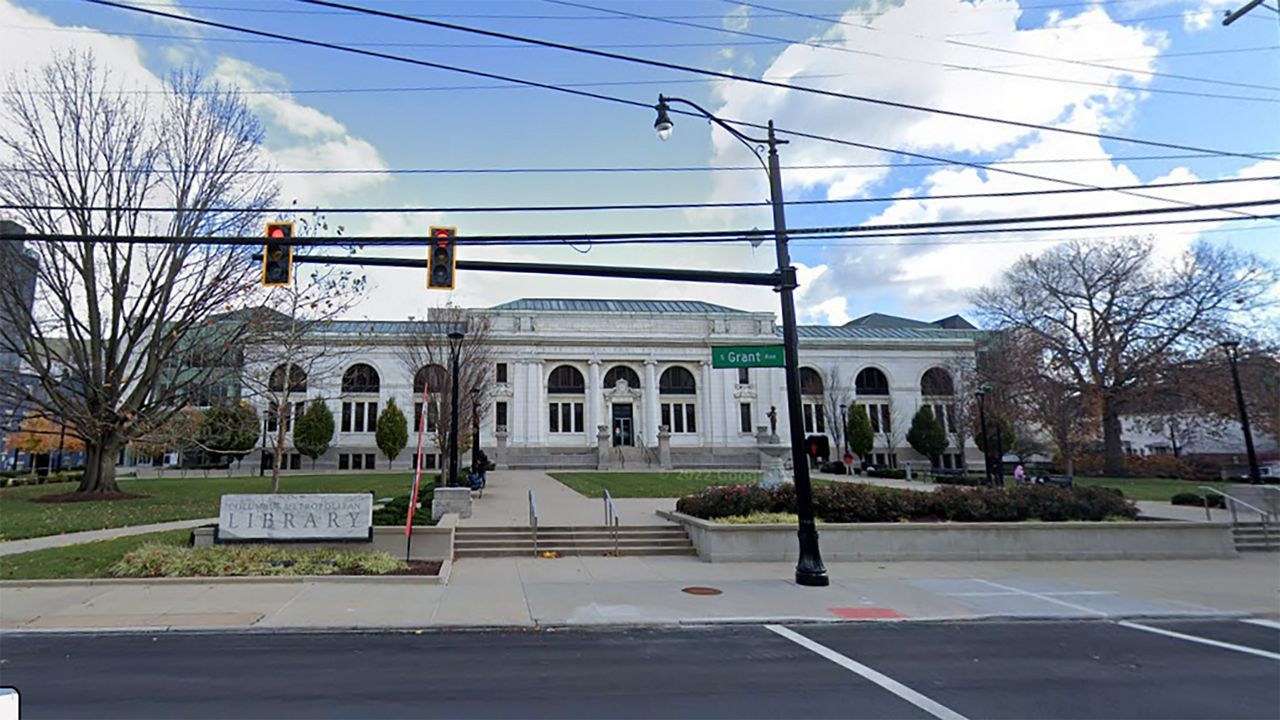CLEVELAND — The ice bucket challenge is back, and this time, with a new message. The original ice bucket challenge began more than a decade ago to raise money and awareness for Amyotrophic Lateral Sclerosis, or ALS.
The new ice bucket challenge is to raise awareness for mental health.
The new trend comes from a University of South Carolina student who began a club that centers around mental health.
Layla Macias and Lucy Cho, two high school students in northeast Ohio, both participated in the challenge.
“I can relate to the struggles that some people go through, but it's really important that everyone advocate for it, not just people who are struggling,” Macias said.
“It’s really important because if we don’t speak up about it, there will always be a social stigma around it,” Cho said.
The National Institute of Mental Health said that there are more than one in five adults in the United States that live with a mental illness, and nearly half of adolescents have a mental health disorder.
Dr. Robert Chester, a psychologist at University Hospitals, said talking about mental health really does help.
“So important to talk about it so that you can help validate other people and yourself by doing so and realize that you aren’t alone,” he said.
The trend is fun, but the topic is serious.
“Hopefully this will raise more awareness about what the teens of today need and what adults need, too,” he said.
Both Macias and Cho hope people continue to nominate their friends for this trend and to use social media for good.
“I really want to see more trends that are for a specific purpose, and social media is such a powerful way to spread messages. It just reaches so many more people that way,” Cho said.
The hope is to help people who struggle with mental health.
“Do it to spread awareness for other people,” Macias said.











